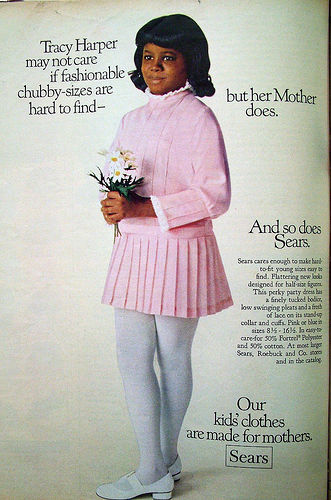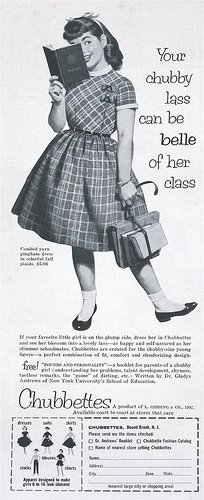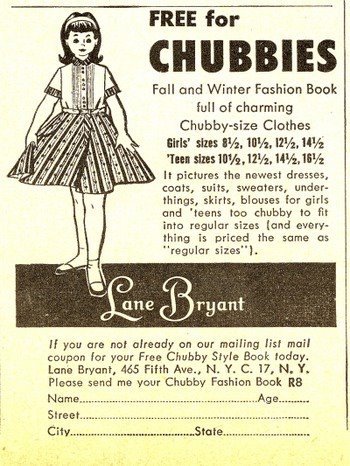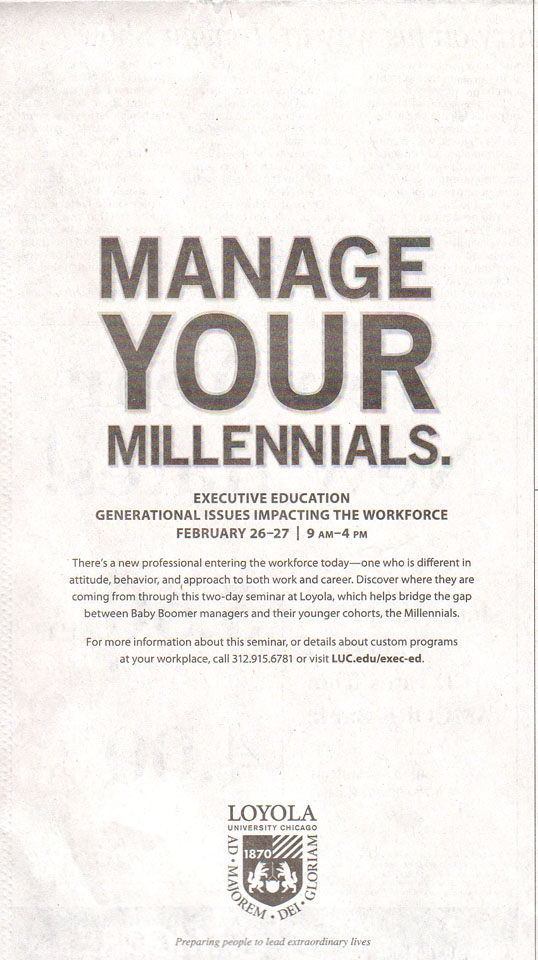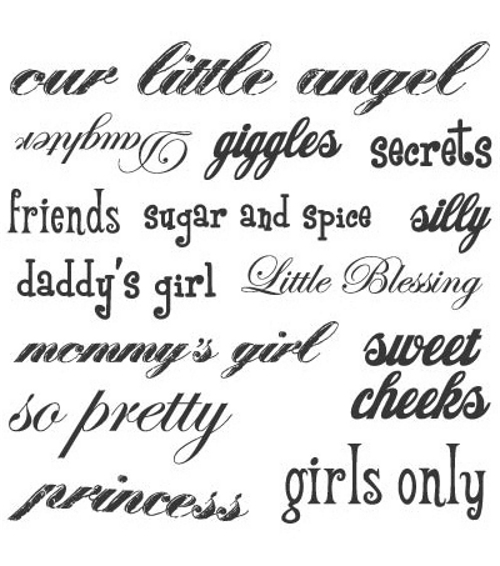I just discovered that PBS provides the entire documentary “A Class Divided” online. The video discusses the experiment a teacher conducted in her classroom, in which she divided her 3rd-grade class into groups with blue eyes and brown eyes and told them the blue-eyed groups were “the better people in this room,” later changing the rules and saying that brown-eyed kids are better (she started this experiment the day after Martin Luther King, Jr., was shot). It’s an interesting look at stereotyping and social psychology, particularly how quickly groups will change their behavior if they are told they have a superior or inferior characteristic.
The website also has clips from a class reunion 14 years later where the people who took part in the experiment talk about it, as well as when the teacher was hired to conduct the experiment on Corrections Department employees to teach them about discrimination and stereotyping.
You might also discuss this experiment when you’re looking at ethics of research–would we allow something like this now? How would parents likely react today if they found out their child was told they were in an “inferior” group? My guess is a teacher would face a lot of opposition trying to do this now.

